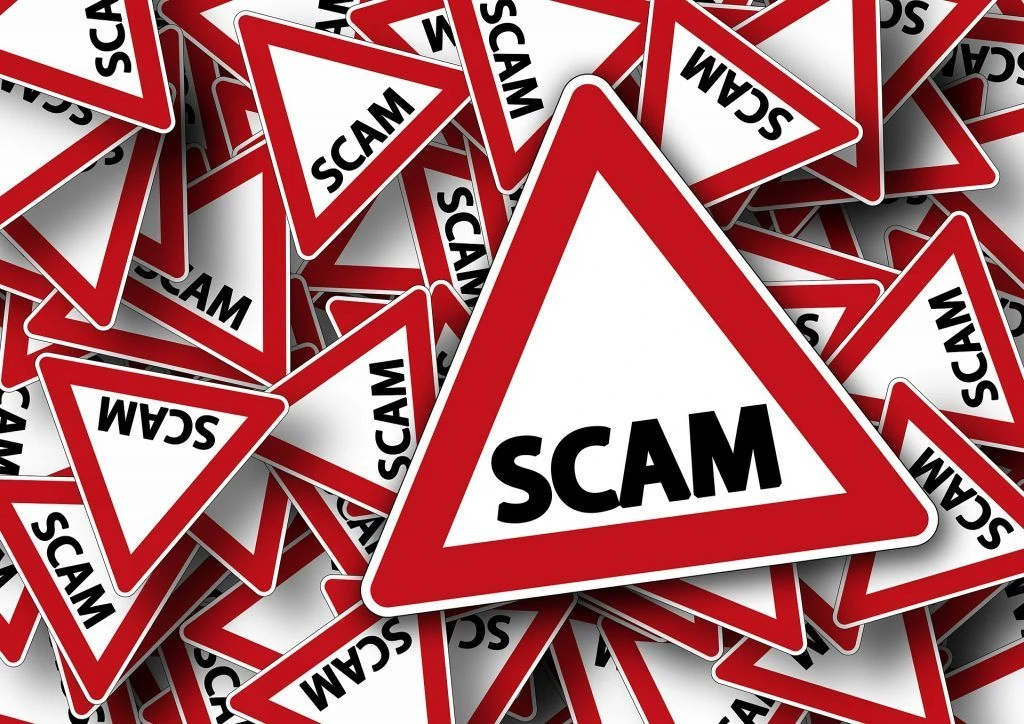
Moving Abroad

Container Shipping

Information & Popular Routes
Services

Find a Mover


Have all the moving horror stories left you skeptical about making the big move? If yes, don’t worry, you’re not alone. Luckily, there are a few ways to avoid becoming the main character in one of these stories. Read on to find out how to achieve a scam-free move!
As if moving wasn’t already stressful enough, adding the possibility of getting scammed into the mix certainly doesn’t make it any better. We don’t have to tell you that moving company scams are no joke and that trying to avoid a fraudulent company should definitely be your number one priority.
Because our job is to make your life easier, we compiled a list of the 4 things to watch out for when evaluating a moving company!
To keep a long story short, the trucking industry in the United States is regulated by the Federal Motor Carrier Safety Association –FMCSA for short. To do such, the FMCSA issues a USDOT number to all companies interesting on legally operating commercial vehicles transporting passengers or hauling cargo in interstate commerce.
To find out whether a mover holds USDOT number, the easiest thing to do is to first scout their website for it —usually it’s listed at the bottom of the website! If you cannot seem to find this number, it’s very likely that the company isn’t licensed by the FMCSA and therefore, it’s not a mover you should trust.
Tip!: Did you know you can use a mover’s USDOT to find super relevant information about the company? The only thing you need to do is plug it into the FMCSA’s database, and voila!
Like any smart firm, a professional (and legitimate!) moving company is likely to be insured. Insurance doesn’t only protect the mover against wrongful lawsuits but also provided the company with the means to reimburse customers for any damages or losses that happen during the move.
Let’s face it, even if the company doesn’t have the customer’s best interest at heart, it should definitely at least have its own… right?
If a mover sends you a contract without performing an in-home survey first or simply refuses to carry out one, you should probably run the other way. To provide the most accurate quotes possible, any professional and legitimate mover will always make a thorough inventory of your belongings.
If for some reason a mover doesn’t carry out in-home estimates, it’s very likely that they will rely on you putting together an inventory list by yourself. This can, of course, lead to underestimation and therefore, underquoting on their behalf. And eventually, when the moving day comes, this underestimation will give them the perfect excuse to rack up your bill!
Last but not least, one of the clearest signs of moving company scams is when a mover requests a large upfront deposit. Even though it’s not illegal, and most movers actually request deposits as collateral, this is not common practice within the moving industry.
So if a mover seems completely legitimate in your books, but they’re still asking for a deposit, make sure to ask the reason behind it! As well, keep in mind that a deposit should never be more than a few hundred dollars (20% of your move is usually the max they should ask for). If a mover requests a deposit that is nearly half of your total moving costs, you’ll probably in for a moving scam —watch out!
We hope that after this short reading, you’ve become a moving scams expert! In case you need further assistance planning your move, we recommend that you check out the pages we have linked for you below. 🙂